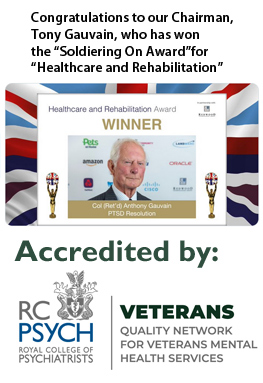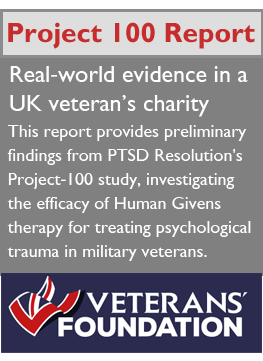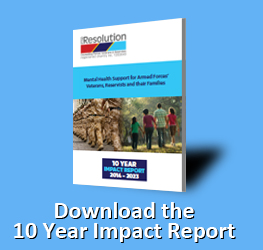What is PTSD?

What is PTSD?
One definition of PTSD is “a psychiatric disorder that can occur following the experience or witnessing of a life-threatening events such as military combat, natural disasters, terrorist incidents, serious accidents, or physical or sexual assault in adult or childhood”.
Strictly speaking, Post-Traumatic Stress Disorder (PTSD) is a diagnosis defined in standard diagnostic manuals such as the Diagnostic and Statistical Manual of Mental Disorders (DSM) -5. This classification comes from the U.S. and contains a listing of diagnostic criteria for every psychiatric disorder recognized by the U.S. healthcare system. It is also used by the psychiatric profession in the UK. The criteria for a diagnosis of PTSD are very strict, hence the UK MOD’s position that PTSD affects only a relatively small percentage of people, and that there are more people affected by depression, anxiety, anger, alcohol and drug problems, and family and work relationship breakdowns.
However, while a diagnosis of PTSD is comparatively rare, trauma symptoms are on a spectrum, not all-or-nothing, and it is quite common in our experience for people to have disabling trauma symptoms and not be eligible for a diagnosis. What’s more, we see that sub-threshold trauma symptoms contribute to many other conditions, sitting behind the more common diagnoses of depression, anxiety, alcohol dependence etc. This is why it is important for people working with veterans to have a thorough understanding of what trauma is and how it can be treated, even when the people they work with may not have a diagnosis of PTSD.
Additionally, the term PTSD has come into wider use colloquially to describe mental ill-health derived from stress as well as trauma of various origins. Combat-related PTSD has come to be used to describe traumatic symptoms derived from military combat. A useful brief guide to the symptoms can be found at the NHS web site.
PTSD Resolution provides therapy for Forces’ Veterans, former soldiers, sailors and airmen and women of the UK armed forces, and their families, through our network of therapists.
For details of our approach and methodology please click Credentials.
If you require further information about “What is PTSD?”, please contact us directly.




